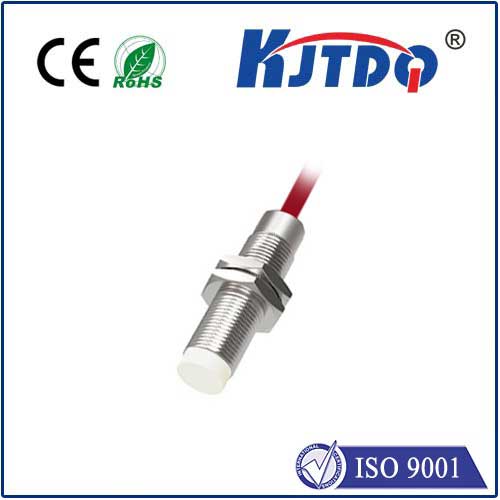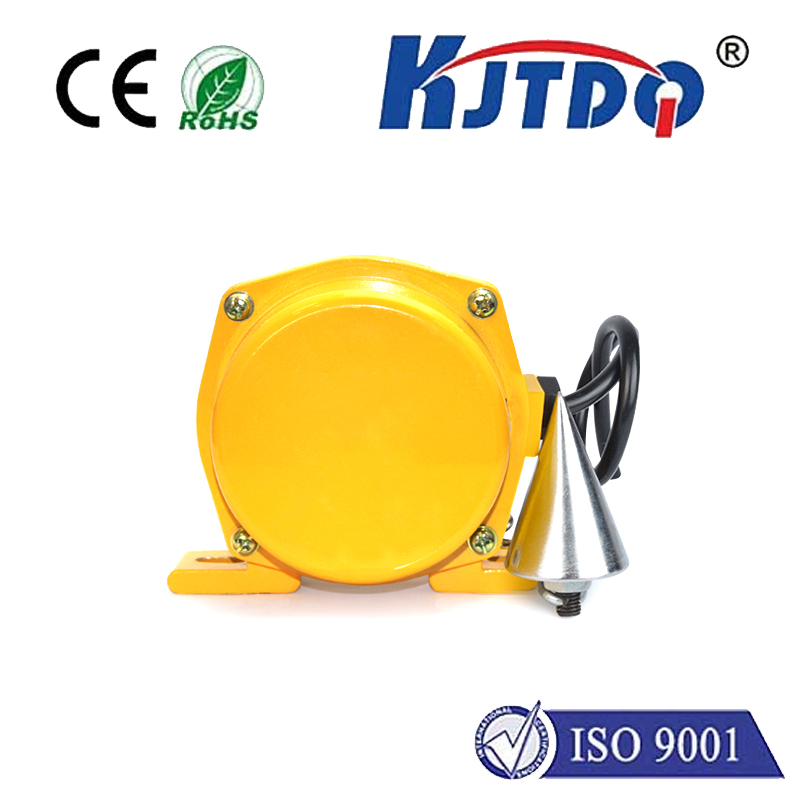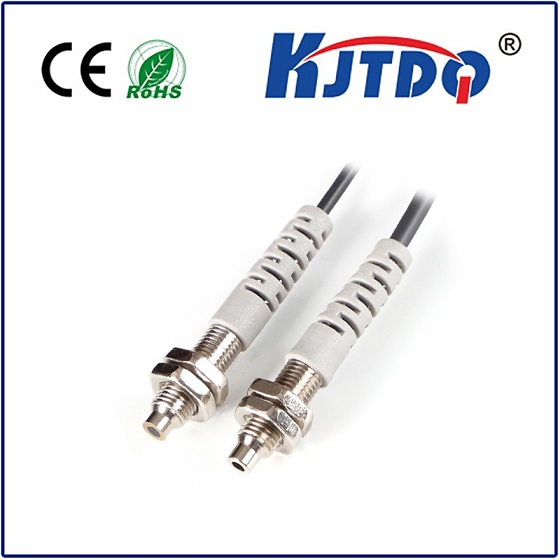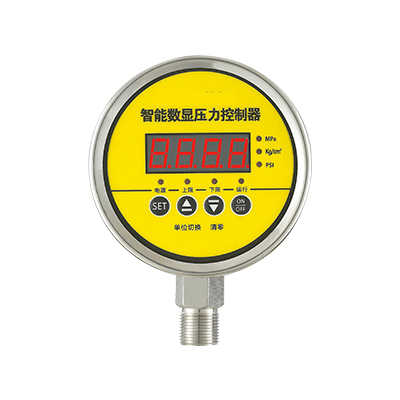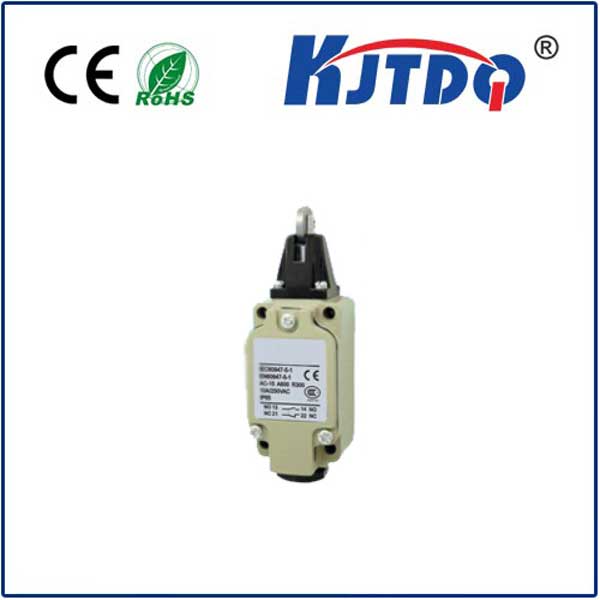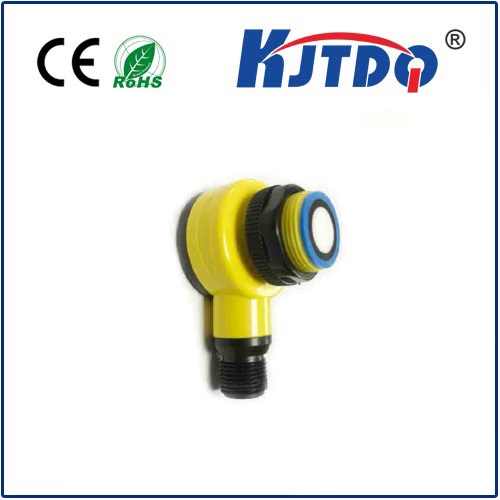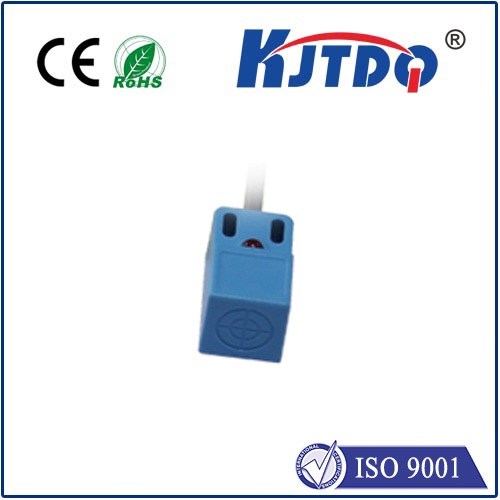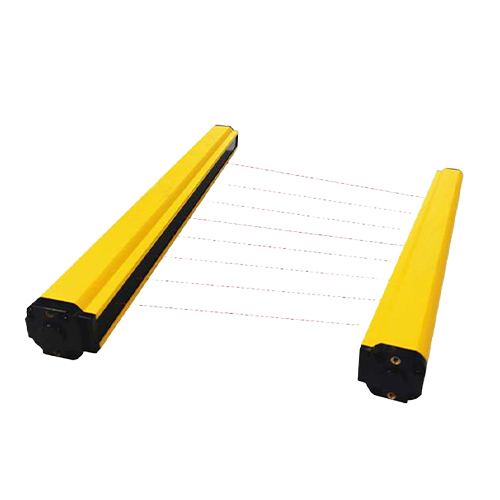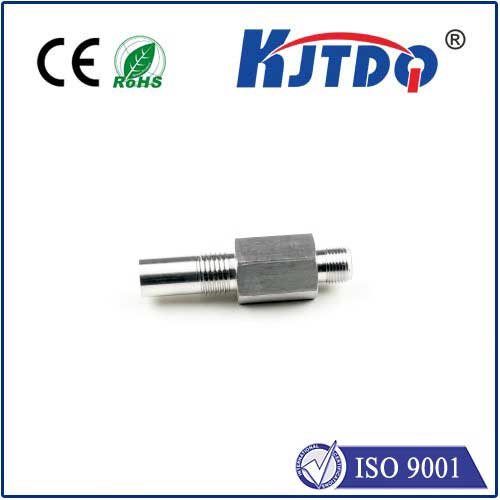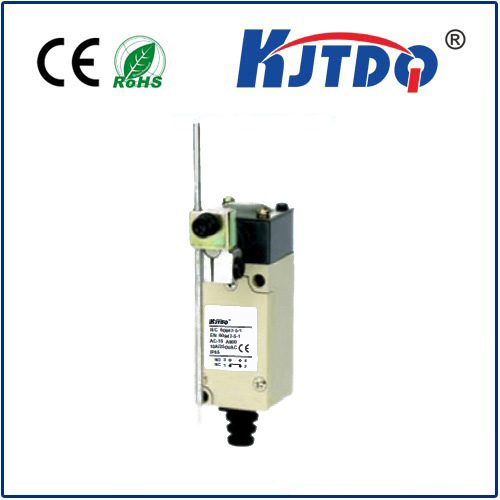

check

check

check

check

Precision Pressure Sensor: A Key to Ensuring Accuracy in Measurement In the world of technology, accuracy is everything. From medical equipment to aerospace applications, precise measurements are crucial for the success of any project. This is where precision pressure sensors come into play. These devices have revolutionized the way we measure pressure, providing us with accurate and reliable data that can be used in a variety of industries. In this article, we will explore the benefits of using precision pressure sensors and how they have become an essential tool in ensuring accuracy in measurement. What is a Precision Pressure Sensor? A precision pressure sensor is a device that measures the pressure of a fluid or gas by converting it into an electrical signal. Unlike traditional pressure sensors, which may only provide a general idea of the pressure, precision pressure sensors offer highly accurate measurements with minimal error. They achieve this through the use of advanced materials and techniques, such as micro-machining and MEMS technology. These sensors are designed to withstand harsh environments and provide consistent performance over long periods of time. Benefits of Using Precision Pressure Sensors One of the main advantages of using precision pressure sensors is their ability to provide highly accurate measurements. This is especially important in industries where even the slightest deviation can have significant consequences, such as in medical or aerospace applications. By using a precision pressure sensor, engineers can ensure that their designs meet strict tolerances and perform reliably under a range of conditions. Another benefit of precision pressure sensors is their versatility. These devices can be used in a wide range of applications, from industrial process control to automotive systems. They are also available in a variety of configurations, making it easy to find a sensor that meets the specific needs of a project. Additionally, precision pressure sensors are often more cost-effective than traditional sensors, making them an attractive option for many businesses. Applications of Precision Pressure Sensors Precision pressure sensors have found widespread use in a variety of industries, including:
